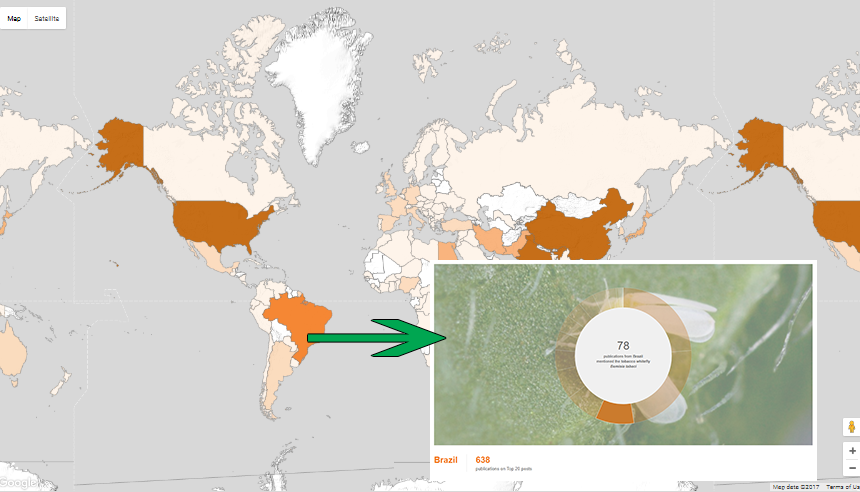Mota-Sanchez contributes to 2017 State of the World’s Plants
MSU Entomology’s David Mota-Sanchez was invited to contribute to Kew Science’s second State of the World's Plants report, a cutting-edge view of the status of the world's most valuable and vulnerable plants.

MSU Entomology’s David Mota-Sanchez was invited to contribute to Kew Science’s second State of the World's Plants report, a cutting-edge view of the status of the world's most valuable and vulnerable plants. The digital report is an informative and visually stunning look at the current world knowledge of plants.
According to Kew Science, a division of the Kew Royal Botanical Garden, “Scientists from around the globe have worked in collaboration with Kew Science to scrutinise databases, published literature, policy documents, reports and satellite imagery to synthesise the latest discoveries and knowledge into this horizon-scanning report.”
The report reviews the number of plants, why they are important and looks at their resilience to climate change, wildfires and pests. Mota-Sanchez contributed to Chapter 10, Plant Health – State of Research, which looks at which pests pose the biggest threats to plants globally and where the greatest concentration of research effort on these pests occurs.
Chapter 10 includes an info-graphic of the number of recent publications on the top 20 most researched insect pests, by country. At the report’s website, clicking on a country in the info-graphic reveals the number of publications published on each of the 20 top insect pests.

Go to the State of the Worlds Plants info-graphic to see the number of recent publications on the top 20 most researched insects.



 Print
Print Email
Email
